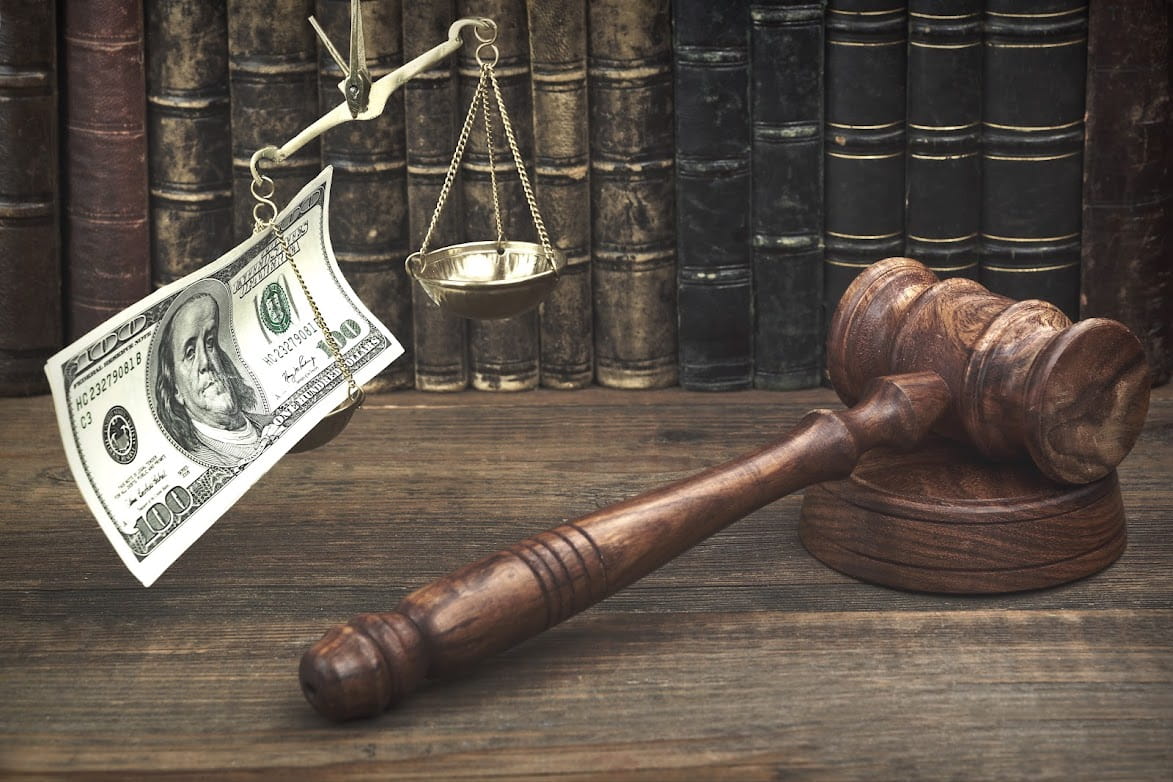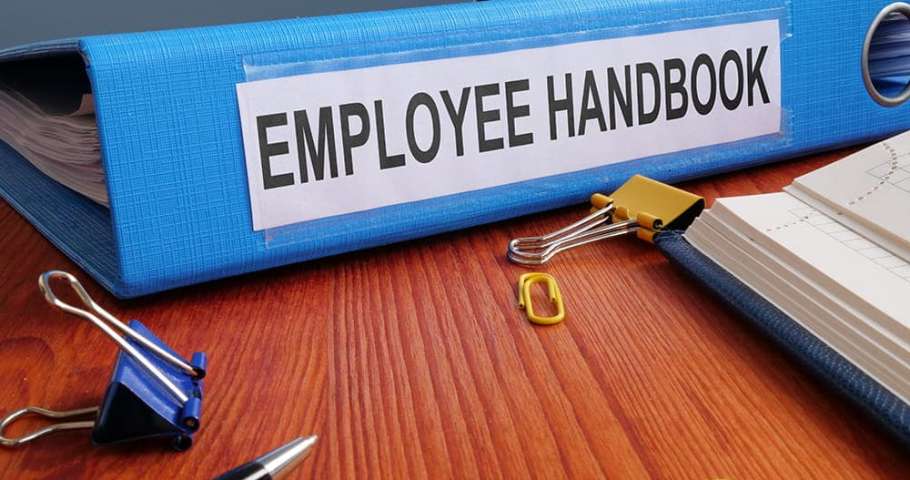When you think of filing for bankruptcy, you most likely think of a straightforward process that does not involve any disputes. Often, when people are planning to file bankruptcy, they assume they will file paperwork and get a discharge without having to deal with objections from other interested parties, such as creditors and trustees. Indeed, in most cases, this is the case. However, in some bankruptcy cases, disputes may arise and give rise to litigation. The following are some basics of bankruptcy litigation.
How Does the Bankruptcy Court Distinguish Litigation Matters?
The bankruptcy rules recognize different litigation matters. First, there are what are known as “core matters.” A core matter is any matter derived from the bankruptcy itself. For example, suppose after you file for bankruptcy, litigation arises over your right to keep property covered by a bankruptcy exemption. In that case, a core matter is said to have been brought forward.
Secondly, there are “non-core matters.” These matters affect a bankruptcy case as much as core matters do, but the difference is that non-core issues could have still been brought forward even if a bankruptcy case had not been filed. Contract disputes and tax issues are good examples.
A bankruptcy judge generally has the final say when it comes to core matters. On the other hand, a bankruptcy judge has limited authority over non-core issues. When a non-core issue is brought forward, a bankruptcy judge can only have the final say if all parties agree to it. If parties do not allow the bankruptcy judge to have the final say on a non-core matter, the judge can only make a recommendation to the federal district court.
Adversary Proceedings
Sometimes, when litigation arises, the litigation needs to be handled as a separate case. The name for a lawsuit filed during a bankruptcy case is “adversary proceeding.” Usually, adversary proceedings are conducted according to a special set of litigation rules.
Contested Matters
On the other hand, there are many instances in which a bankruptcy case may generate litigation, which may not end up in an adversary proceeding. The term for such a situation is “contested matters.”
Common Examples of Bankruptcy Litigation Cases
The following are some of the common examples of bankruptcy litigation cases.
- A debtor, creditor, or trustee filing a lawsuit asking the court to decide about the dischargeability of debts
- A creditor challenging a debtor’s right to the entire discharge
- A debtor challenging a creditor’s right to payment
- A debtor suing a creditor for violating the automatic stay
- A trustee litigating a debtor’s right to claim and exemption
Matters That Cannot Be Decided in a Bankruptcy Court
It is vital to note that some issues are usually not decided in a bankruptcy court. They include;
- Probate matters
- Child custody matters
- Divorce matters
- Personal injury matters
For instance, if a debtor dies during the bankruptcy process, the bankruptcy court would deal with matters of liquidation of assets and payment of debts. However, it would be unlikely for the court to handle matters concerning the transfer of ownership or other matters usually tackled by the probate court.
Contact Us for Legal Help
If you are a debtor who has filed or is planning to file bankruptcy and is worried about bankruptcy litigation, our attorneys are here to help you. Contact us today to schedule a consultation.




